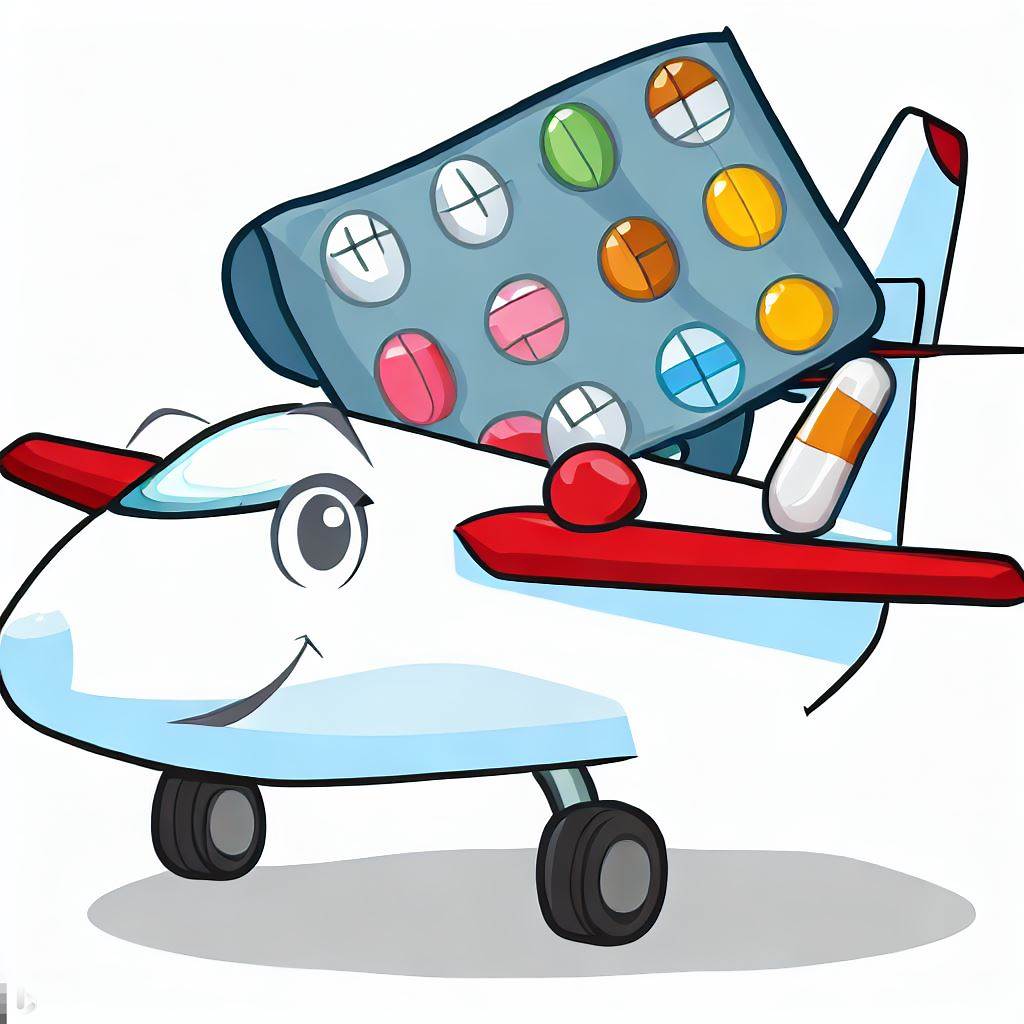
Guide to Travelling with Prescription Drugs
Travelling with prescription drugs can be a complex process due to varying international laws and regulations. This guide aims to provide you with comprehensive information to ensure a hassle-free journey with your medications.
Understanding the Importance of Prescription Drugs
Prescription drugs are essential for many individuals to maintain their health and wellbeing. Whether it's for managing chronic conditions, mental health issues, or other health concerns, these medications play a crucial role in ensuring a person's quality of life.
Preparing for Your Trip
Before embarking on your journey, it's important to prepare adequately. This includes obtaining necessary documentation, packing your medications correctly, and understanding the rules and regulations of your destination country.
Obtaining Necessary Documentation
Always carry a copy of your prescription and a letter from your healthcare provider detailing your medical condition and the medication you are taking. This can be helpful if you are questioned about your medication at customs or if you need to get more medication at your destination.
Packing Your Medications
Always pack your medications in their original packaging, which should include your name, the name of the medication, and the dosage information. It's also advisable to pack more medication than you need in case of travel delays.
Understanding International Laws and Regulations
International laws and regulations regarding prescription drugs vary widely. Some countries may have strict rules about certain medications. Always check the regulations of your destination country before you travel.
Travelling by Air with Prescription Drugs
When travelling by air, always carry your medications in your hand luggage in case your checked luggage is lost or delayed. For liquid medications, check the regulations of the airline and the security rules of the countries you are travelling to and from.
Dealing with Time Zone Changes
If you're travelling across different time zones, it's important to plan how you will take your medication. Discuss this with your healthcare provider to ensure you maintain your medication schedule.
What to Do If You Run Out of Medication
If you run out of medication while abroad, contact a local healthcare provider or pharmacy. They may be able to provide you with a similar medication or contact your home healthcare provider for more information.
Conclusion
Travelling with prescription drugs doesn't have to be a daunting task. With proper planning and understanding of the rules and regulations, you can ensure a smooth journey with your medications.